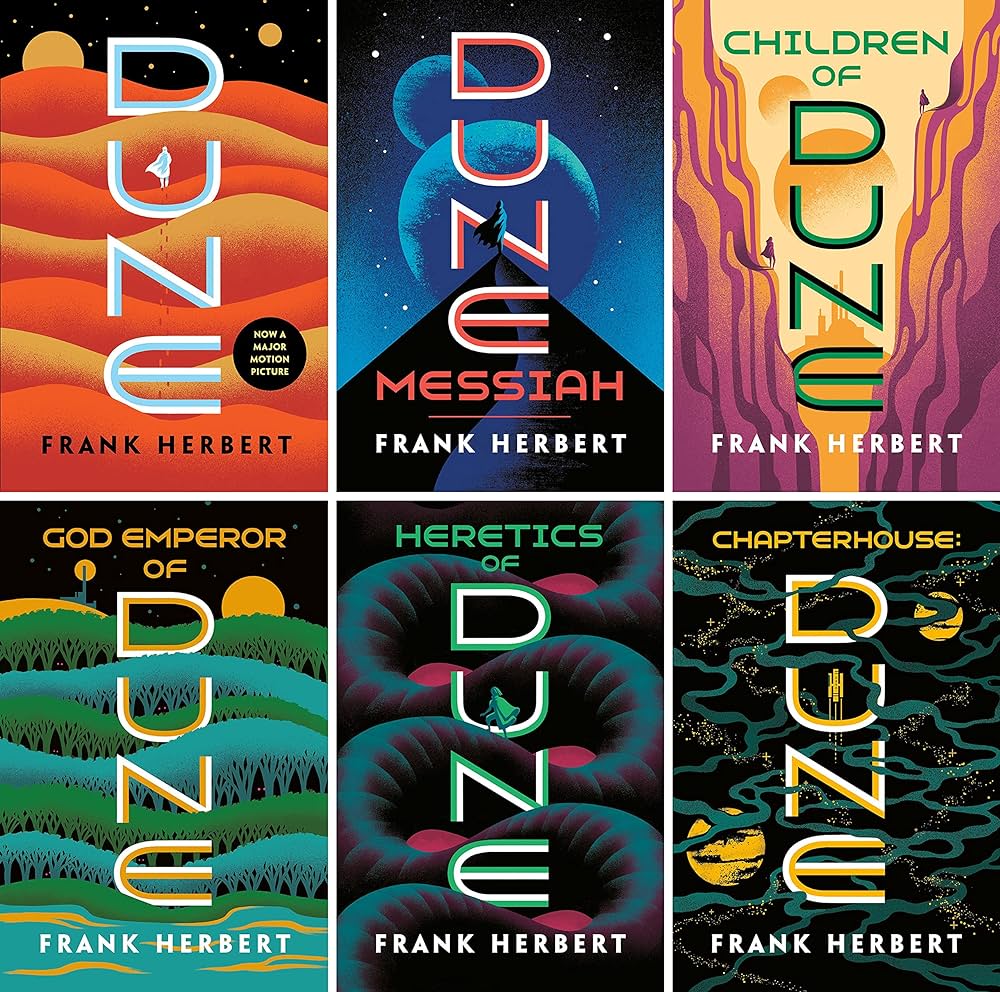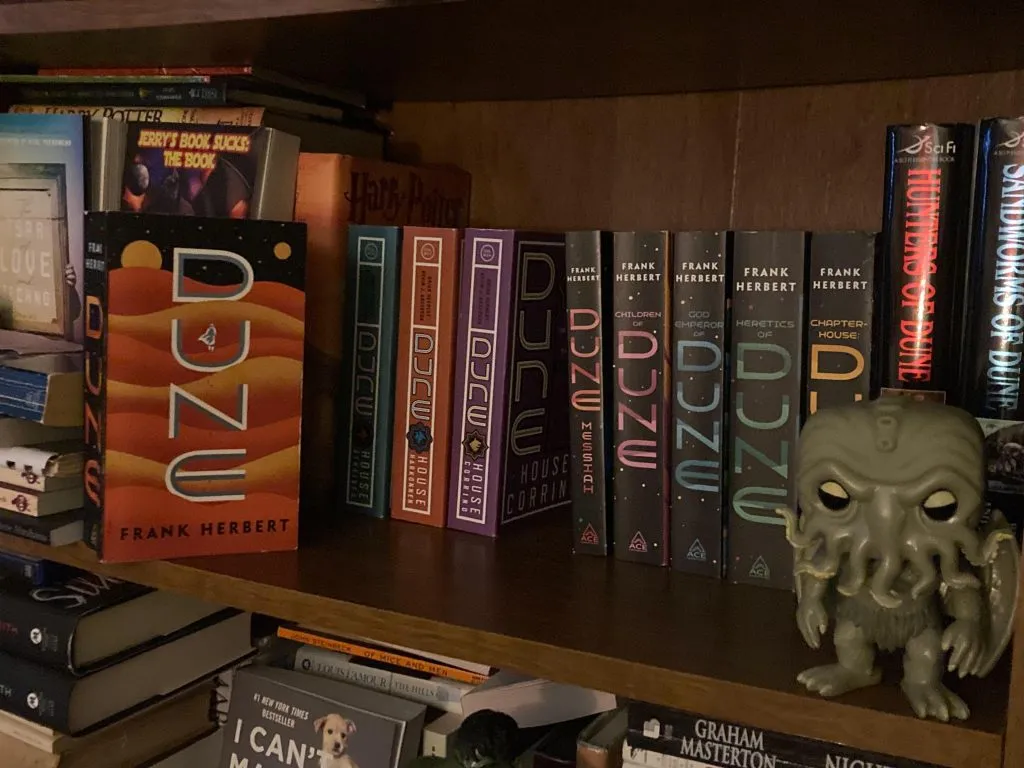Themes in Literature: Unpacking the Central Ideas and Messages of Dune
"Dune" by Frank Herbert is not just a science fiction epic; it's a rich tapestry of themes that resonate deeply with readers. From political intrigue and ecological balance to questions of identity and destiny, the novel explores a myriad of ideas that transcend its futuristic setting. Let's dive into the central themes and messages of "Dune" and uncover what makes this classic work of literature a timeless masterpiece.


Power and Politics: The Game of Thrones on Arrakis
"Dune" is steeped in political intrigue, showcasing how power dynamics shape the destinies of individuals and societies. At its core, the novel presents a complex web of alliances, betrayals, and ambitions as noble houses, the Padishah Emperor, and the secretive Bene Gesserit maneuver for control over the desert planet Arrakis and its invaluable resource, the spice melange.
The power struggle is exemplified through the Atreides and Harkonnen feud, where Duke Leto Atreides seeks to govern Arrakis with fairness and sustainability, contrasting sharply with the Harkonnens' brutal exploitation. This theme underscores Herbert's exploration of the consequences of power unchecked, revealing how political decisions can impact entire civilizations.
Ecology and Environment: The Fragile Balance of Arrakis
Arrakis, often referred to as Dune, serves as a harsh yet evocative backdrop that shapes the characters' lives and the narrative itself. The planet's arid desert landscape and scarcity of water present a constant struggle for survival, highlighting themes of ecology and environmentalism.
The Fremen, native inhabitants of Arrakis, exemplify resilience and adaptation, using sophisticated technology and ecological knowledge to thrive in their challenging environment. Herbert intricately weaves the ecosystem's delicate balance into the narrative, particularly through the life cycle of the sandworms, which play a crucial role in the production of spice.
Religion and Mythology: Prophecies and the Messianic Journey
Religion and mythology are integral to "Dune," blending ancient prophecies and futuristic technology in a captivating narrative. The Bene Gesserit sisterhood's breeding program and the Fremen's beliefs in the coming of the Kwisatz Haderach (the prophesied messiah) intertwine with political ambitions and personal destinies.
Paul Atreides, the novel's protagonist, undergoes a transformative journey influenced by these mythological elements. His role as both heir to House Atreides and the prophesied leader of the Fremen shapes his identity and challenges his understanding of fate versus free will. Herbert masterfully explores how cultural beliefs and religious doctrines shape characters' motivations and decisions.
Identity and Destiny: The Journey Within
Central to "Dune" is the theme of identity and the search for one's true destiny. Paul Atreides grapples with his dual identity as a noble-born son of House Atreides and as Muad'Dib, the leader of the Fremen rebellion. His journey of self-discovery unfolds against the backdrop of political intrigue and mystical prophecy, highlighting themes of legacy, choice, and personal growth.
Throughout the novel, characters confront their predetermined roles and societal expectations, challenging readers to contemplate the nature of identity and the paths we choose in life. Paul's evolution from a young aristocrat to a messianic figurehead embodies the novel's exploration of destiny and the transformative power of individual agency.
The Timeless Relevance of "Dune"
"Dune" endures as a literary masterpiece not only for its compelling narrative and intricate world-building but also for its exploration of profound themes that resonate with readers across generations. Frank Herbert's ability to intertwine political intrigue, ecological consciousness, mythological elements, and existential questions elevates "Dune" beyond genre conventions, making it a work of literature that invites contemplation and discussion.


As we unpack the central ideas and messages of "Dune," we uncover a tapestry of themes that speak to the human condition and our collective aspirations. Whether pondering the consequences of unchecked power, contemplating our relationship with the natural world, or questioning the nature of identity and destiny, "Dune" continues to captivate with its timeless relevance and thought-provoking insights into the complexities of life and leadership.












